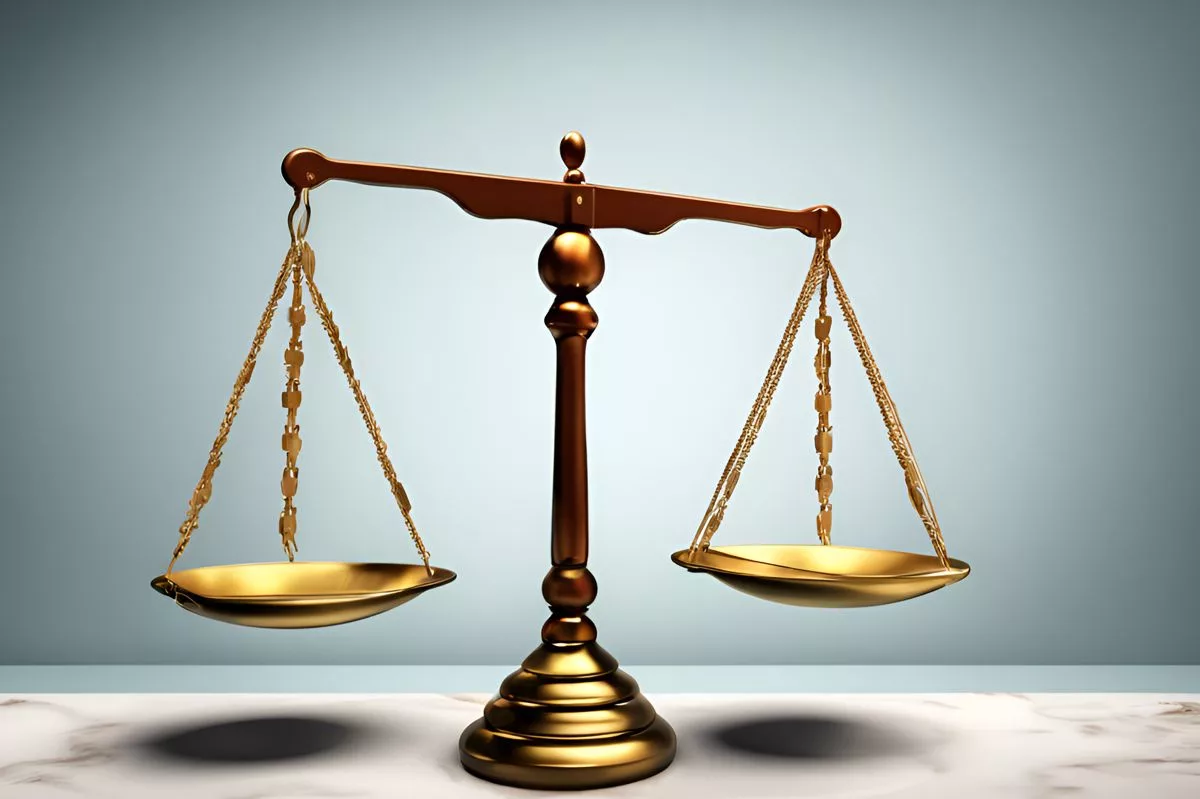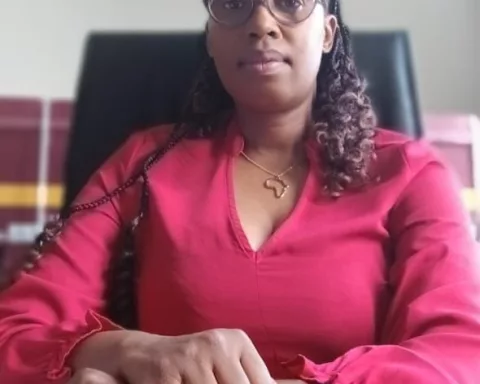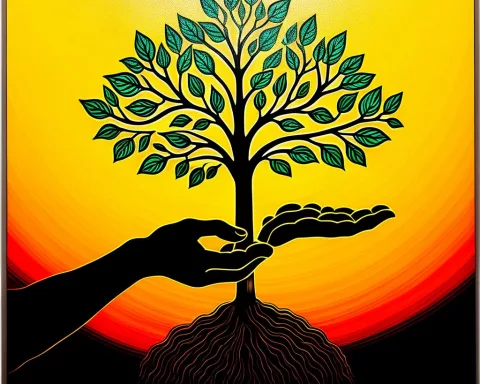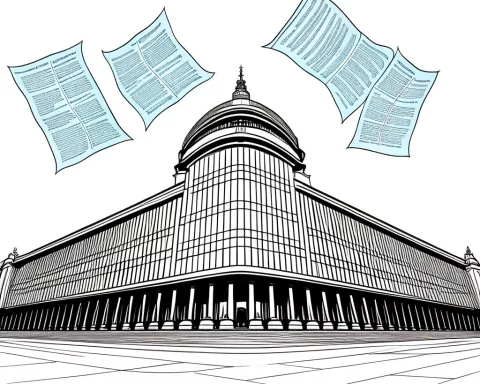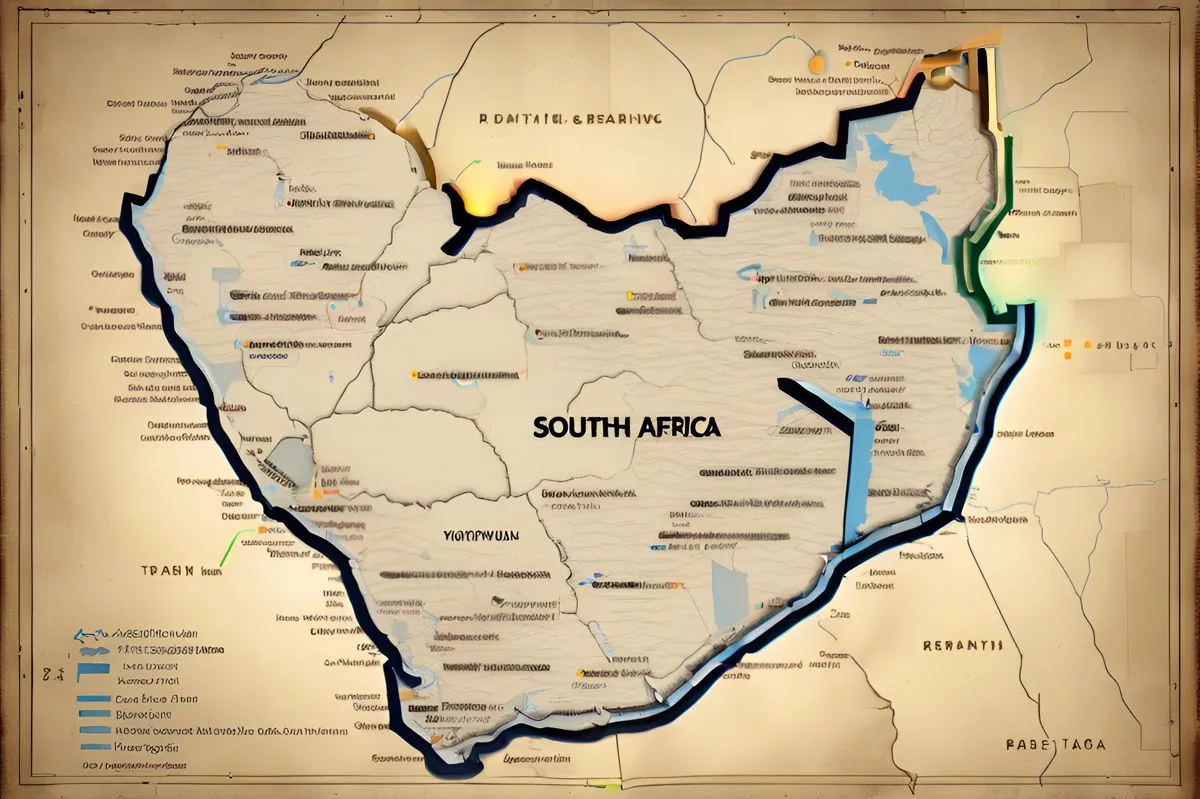In South Africa, a heated debate is brewing over the National Minimum Wage (NMW). The Democratic Alliance (DA) worries that raising wages could lead to more job losses, especially for young and low-skilled workers. On the other side, COSATU pushes for a wage increase to fight poverty and make life fairer for workers. This clash reflects deep economic struggles and a long history of inequality, making the future of wages a critical issue for many people in the country.
“`markdown
What is the current debate surrounding South Africa’s National Minimum Wage?
The debate on South Africa’s National Minimum Wage (NMW) involves differing views from the Democratic Alliance (DA) and COSATU. The DA argues that raising the NMW could increase unemployment, while COSATU advocates for wage increases to combat poverty and promote social equity. Both positions reflect broader economic and social challenges.
“`
Navigating South Africa’s National Minimum Wage Dispute
In the dynamic and economically unstable setting of South Africa, discussions about the National Minimum Wage (NMW) stir significant debates on social justice, economics, and political influence. Currently, the Democratic Alliance (DA) and the labor federation COSATU are at odds, showcasing the ongoing struggle to strike a balance between job opportunities and fair wages amid a changing economic scenario. This debate carries profound implications for the nation’s workforce and economic policies.
Democratic Alliance’s Concerns on Employment
The Democratic Alliance has expressed apprehensions about the repercussions of raising the NMW on South Africa’s already high unemployment levels. Focused on the potential impact on young and low-skilled workers, the DA argues that a higher wage could further limit job opportunities. Michael Bagraim, spokesperson for the DA, argues that businesses may find it challenging to meet the increased wage demands, thereby depriving the most vulnerable populations of employment opportunities.
The DA promotes the idea that providing more jobs, even at current wage levels, is preferable to exacerbating unemployment. By maintaining the existing minimum wage, they argue, businesses may hire more employees since they wouldn’t face additional financial burdens. This perspective aligns with economic theories that endorse a flexible market to stimulate job creation, reminiscent of the laissez-faire principles of the early Industrial Revolution.
COSATU’s Push for Wage Equity
In contrast, COSATU advocates for an 8.9% increase in the minimum wage, prioritizing social equity and preserving workers’ purchasing power. The federation views the NMW as crucial in combating poverty and reducing inequality, aligning with the African National Congress’ Freedom Charter. Zanele Sabela, COSATU’s national spokesperson, highlights the legal requirement for annual NMW adjustments to shield workers from inflation’s effects.
COSATU’s stance is rooted in a rich history of social and political movements worldwide that have championed minimum wage laws to uplift the working class. Their advocacy is a continuation of the effort to ensure a fair wage system that upholds worker dignity across various sectors such as domestic work, construction, and hospitality. This call for wage adjustments underscores a broader commitment to establishing economic fairness.
Economic Contexts and Historical Influences
Understanding the DA and COSATU’s positions necessitates an examination of South Africa’s complex economic landscape, particularly its history of inequality. The lingering effects of apartheid continue to shape labor market dynamics and economic policy discussions. As such, the NMW debate is not just about wage figures but also involves reconciling aspirations for economic growth with social justice.
Historically, minimum wage policies have sparked significant debates worldwide, reflecting a dichotomy between capitalist and socialist ideologies. For instance, during the New Deal era in the United States, minimum wages were introduced to stabilize incomes amid the Great Depression. Similarly, South Africa’s NMW discussions are deeply entrenched in its social and economic challenges, where poverty alleviation and reducing unemployment are urgent concerns.
Societal and Governance Implications
The NMW debate extends beyond immediate economic impacts, raising broader societal questions about governance, legal standards, and ethical responsibilities. The DA’s proposal to pause wage increases brings legal and ethical issues to the forefront, especially given statutory obligations for wage adjustments. This scenario highlights the policy-making complexities within a democratic framework, where legal mandates must align with economic and ethical considerations.
Furthermore, the debate underscores the power of political narratives and lobbying in influencing public perception and policy-making. The differing views of the DA and COSATU reveal the intricate nature of political discourse, where stakeholders must balance ideological beliefs with practical realities. This dynamic is part of a broader global trend where economic policies are scrutinized through lenses of social equity and human rights.
Exploring Innovative Pathways
Despite these tensions, innovative reforms offer potential solutions. The DA’s suggestion of a Youth Employment Opportunity Certificate and changes to collective bargaining could enhance job accessibility. These proposals invite consideration of hybrid approaches that might reconcile fair wages with the need to boost employment.
Globally, various countries have explored different strategies for minimum wage policies, adapting them to fit specific economic circumstances. Scandinavia, for instance, employs a collaborative model between governments, businesses, and labor unions, balancing competitiveness with social welfare. South Africa might benefit from similar collaborative dialogues, emphasizing inclusive economic growth over adversarial politics.
Overall, South Africa’s NMW debate is marked by complexity and the possibility of transformative change. As stakeholders navigate these challenges, the outcomes will significantly influence millions of lives, shaping the nation’s economic and social future.
“`
Frequently Asked Questions (FAQ) on South Africa’s National Minimum Wage Debate
What is the National Minimum Wage (NMW) in South Africa?
The National Minimum Wage (NMW) is a legally mandated minimum wage that employers must pay their workers in South Africa. Introduced to address issues of poverty and inequality, the NMW aims to ensure that workers receive a fair wage for their labor, contributing to their basic living costs.
What are the main arguments from the Democratic Alliance (DA) regarding the NMW?
The Democratic Alliance (DA) is concerned that increasing the NMW could lead to higher unemployment rates, particularly affecting young and low-skilled workers. They argue that businesses may struggle to meet increased wage demands, potentially resulting in job losses. The DA believes that maintaining the current wage levels could encourage businesses to hire more employees, thus promoting job creation.
How does COSATU view the National Minimum Wage?
COSATU (Congress of South African Trade Unions) advocates for an increase of 8.9% in the NMW, emphasizing the need for wage adjustments to combat poverty and improve workers’ purchasing power. They argue that the NMW is essential for achieving social equity and reducing inequality, and they highlight the legal requirement for annual wage adjustments to protect workers from inflation.
What historical factors influence the current NMW debate?
The debate on the NMW is deeply rooted in South Africa’s complex economic landscape and its history of inequality, particularly the lingering effects of apartheid. This historical context has shaped labor market dynamics and continues to influence discussions on economic policies, making the NMW debate a critical issue for many South Africans.
What are the broader societal implications of the NMW discussion?
The NMW debate raises essential questions about governance, legal standards, and ethical responsibilities in policy-making. It highlights the complexities involved in aligning legal mandates for wage adjustments with economic realities and ethical considerations. The differing perspectives of political parties, like the DA and COSATU, reflect the intricate nature of balancing ideological beliefs with practical solutions for social equity.
Are there any innovative solutions being proposed to address the NMW challenges?
Yes, there are innovative proposals aimed at addressing the challenges of the NMW. For instance, the DA has suggested implementing a Youth Employment Opportunity Certificate to enhance job accessibility for young workers. Additionally, exploring collaborative models similar to those in Scandinavian countries, where governments, businesses, and labor unions work together, could provide pathways to reconcile fair wages with the need to boost employment.

